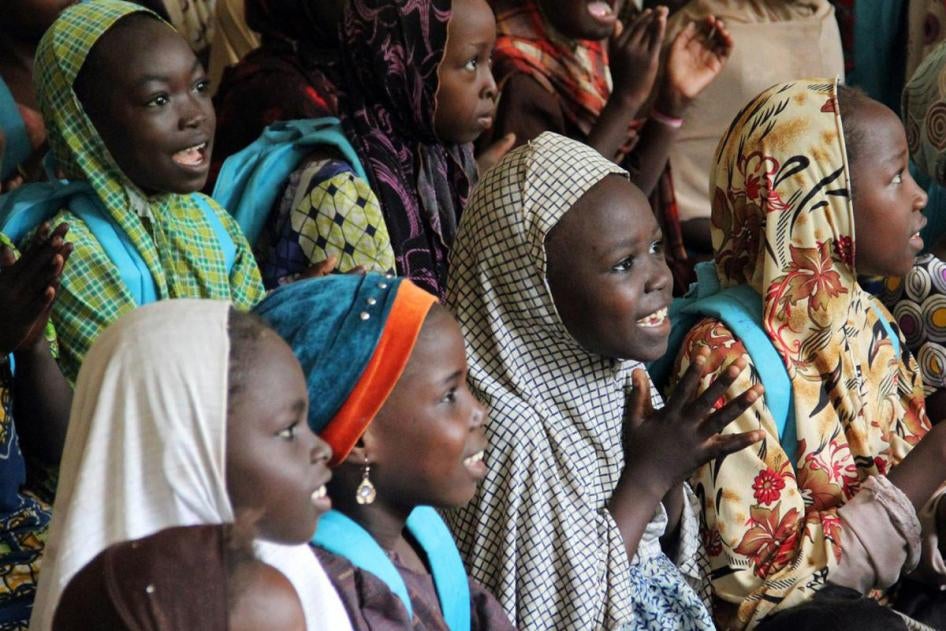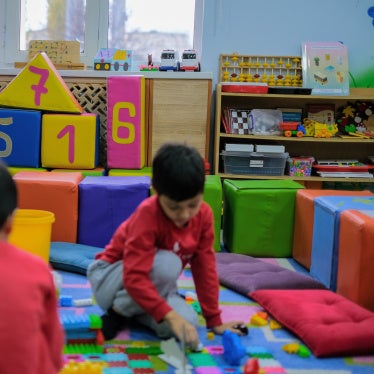Nearly two decades ago, I first heard brave Afghan students and teachers describe armed attacks on their schools and threats to their lives as they struggled to learn and teach. Today, I am in Abuja, Nigeria, for the Fourth International Conference on Safe Schools, where governments are meeting to appraise their commitments to protect education from attack during armed conflict.
I’ve attended all four conferences in person, but this one is unique in several ways. While global in scale, it is the first held on the African continent, and in a country where attacks on education have led to the shuttering of many schools. Nigeria and its neighbors have been hit hard by these attacks; however, some have also been trailblazers in innovative policy and practice to protect education.
Another development setting the Abuja conference apart is the large number of countries that have now endorsed the Safe Schools Declaration, the intergovernmental political commitment on which the conferences focus. Since the declaration’s launch in 2015, 112 countries have joined.
With so many countries now committed to protecting education during war, implementing those commitments is more urgent than ever. Globally, attacks on students, teachers, schools, and universities rose by one-third in 2020 compared with 2019, while the Covid-19 pandemic caused widespread school closures.
This week I’ll be listening to officials from ministries of education, defense, justice, and foreign affairs from around the world discuss challenges to keeping education safe, share good practices, and examine adapting them to different contexts. Since 2015 over a dozen countries have revised their military guidance, including the United Kingdom, Denmark, New Zealand, Ecuador, and Switzerland. Last year, the Central African Republic criminalized attacks on schools and occupation of schools. Ukraine, Mali, and Nigeria have drafted plans to protect schools from attack. Many new laws and policies support reductions in the use of schools and universities for military purposes, a practice that can make them targets of attack, and which among early endorsers of the Safe Schools Declaration, declined between 2015 and 2020.
This shows that progress is possible if governments act. And if they do, this gathering will bring us closer to a world in which students and educators can study in safety, even during war.
|
Dispatches
Protecting Schools from Attack during Wartime
Safe Schools Conference in Abuja Shows Government Action Can Bring Progress
Your tax deductible gift can help stop human rights violations and save lives around the world.
Most Viewed
-
November 25, 2019
A Dirty Investment

-
June 3, 2025
“They’re Ruining People’s Lives”

-
January 25, 2024
“We’re Dying Here”

-
February 24, 2026
Iran: Tsunami of Arbitrary Arrests, Enforced Disappearances

-
December 19, 2024
Extermination and Acts of Genocide





